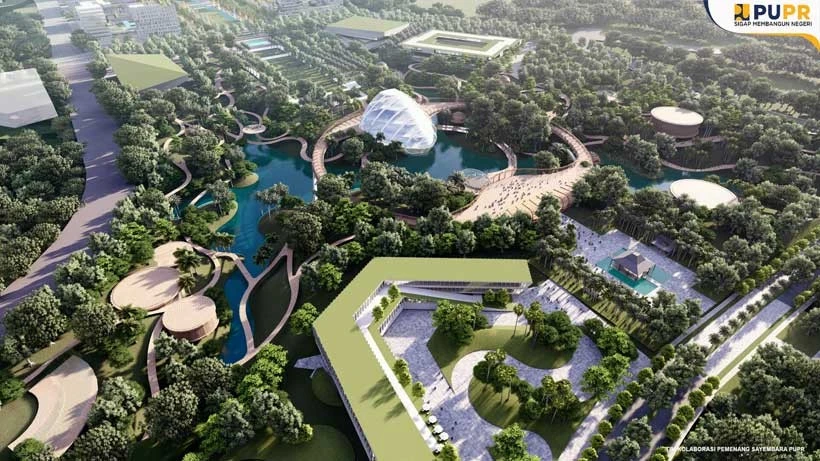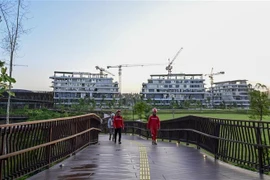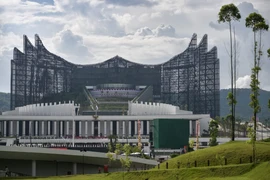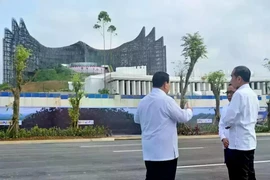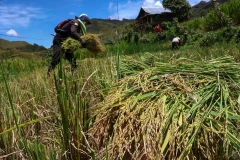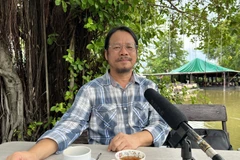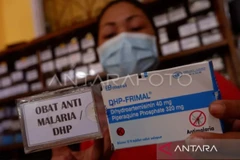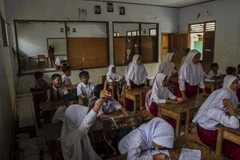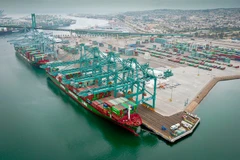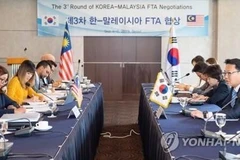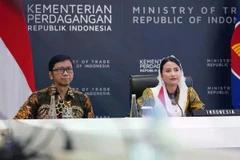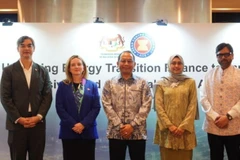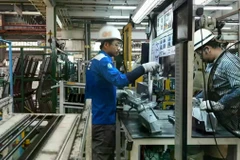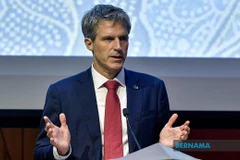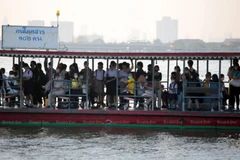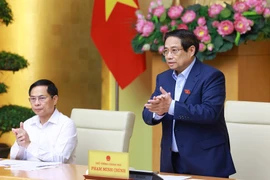Jakarta (VNA) - Basuki Hadimuljono, head of Indonesia’s new capital authority (OIKN) on April 16 announced the launch of Phase II (2025–2029) of construction for the country’s new capital, Nusantara, aiming to establish it as the nation’s political centre.
He stated that Phase II will be supported by a 48.8 trillion IDR (approximately 2.8 billion USD) allocation from the state budget.
The funds will be used to complete legislative and judicial complexes, build supporting ecosystems, and expand access to the second planning zone of the new capital. A portion of the budget will also go toward maintaining and managing existing infrastructure and amenities already completed.
In addition, OIKN has outlined a development program worth 60.93 trillion IDR, funded through public-private partnerships, to construct 97 apartment blocks and 129 low-rise residential buildings.
The plan also includes six major projects covering 138.6 kilometres of roads and multi-utility tunnels in the central government core area, and one solar power plant project.
To ensure continued progress on Nusantara’s development, OIKN has convened coordination meetings with the Ministry of Public Works, Ministry of Housing and Settlements, consultants, and construction service providers to enhance synergy and cooperation among stakeholders.
In the initial phase from 2022 to 2024, the Indonesian government invested 89 trillion IDR from the state budget to build essential infrastructure in the new capital, including toll roads, key buildings, public utilities, and government offices./.
